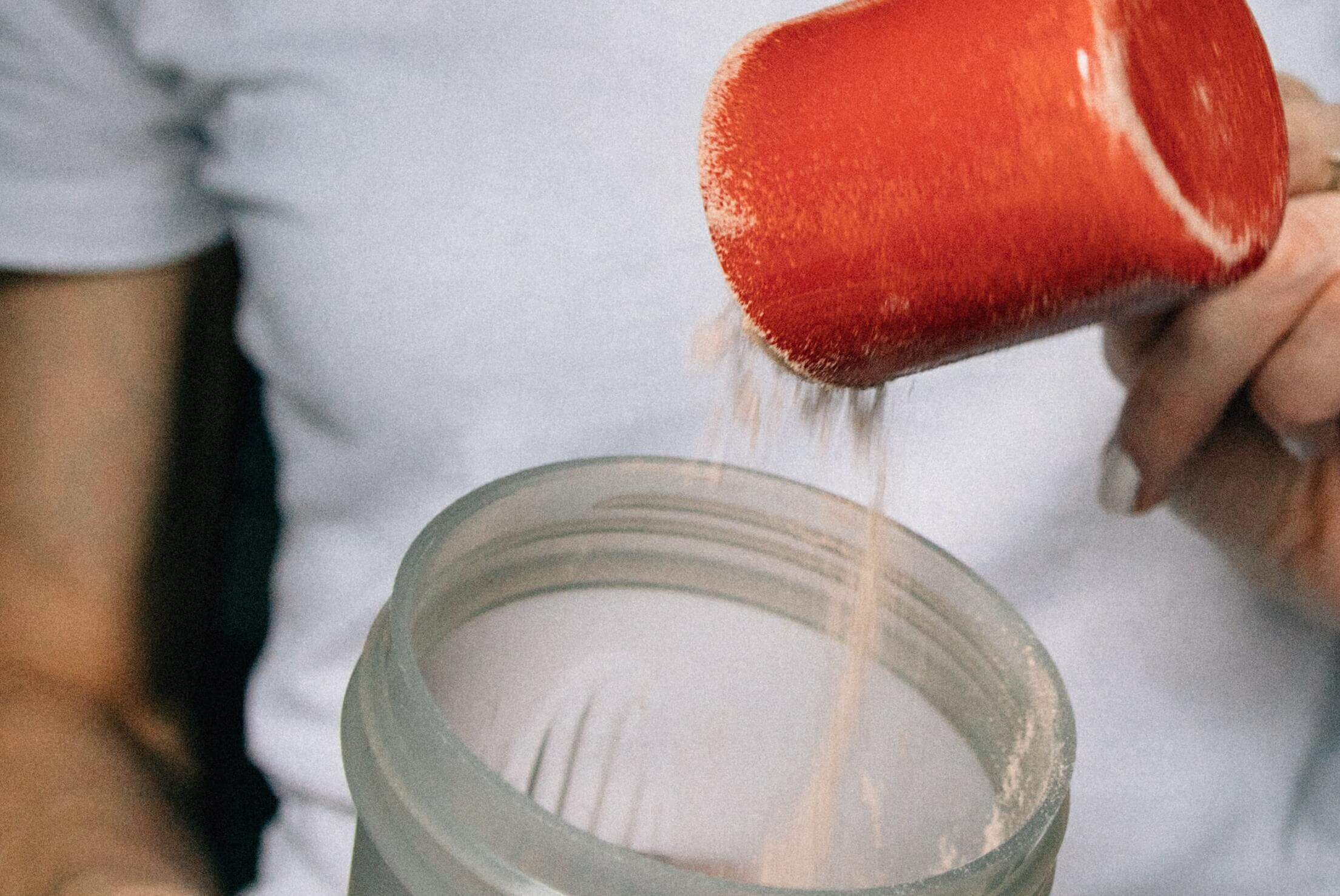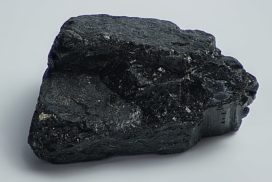The amount of protein that is needed for muscle growth is constantly debated about and fuels one of the largest sources for myths in the fitness and supplement industries.
The reason for the confusion over optimal protein intake is that there is a confliction between studies and recommendations from trainers and fitness experts.
Most studies that are done on protein intake are designed to find what the minimum amount of protein needed is for people to stay out of a catabolic state. These studies are designed for average people or athletes and don’t apply to most bodybuilders, powerlifters, and frequent gymgoers.
People who go to the gym frequently for the purpose of breaking down their muscles to be rebuilt will need a much higher protein intake than nonactive people or even traditional athletes. A bodybuilder will do more than twice the amount of resistance training per week than a basketball player will for example.
Because of this, there is a substantial lack of research and studies done on what the optimal amount of protein is for weightlifters to consume.
The Amount of Protein You Need as a Weightlifter
The amount of protein you need as an average person, based on studies, is at least .8 grams per pound of bodyweight. This is enough for most athletes and may even be a little high for the average person who doesn’t workout.
The amount of protein you need as a weightlifter is higher than .8 grams per pound of bodyweight. How much higher depends on how many days per week you workout. If you are only doing full body workouts twice per week, you may need slightly less protein since the amount of protein synthesis occurring is going to be less than if there was a higher training frequency.
For weightlifters who lift weights at least 4-5 days per week, the best amount of protein is 1-1.5 grams per pound of bodyweight. This number will vary based off wether you are in a calorie deficit or surplus since when cutting it is harder to maintain muscle and repair it with less protein overall coming in from food.
Protein Intake When Bulking vs Cutting
The amount of protein you need, differs based on how many overall calories you are consuming.
If you are in a caloric deficit then it will be more difficult for your body to stay out of a catabolic state since you will be consuming less calories then you will be burning on a daily basis. This means that a cutting diet will require more protein.
When bulking your protein needs are lower since there is less risk of muscle loss because you are in a caloric surplus and the body can use energy from food instead of stored fat or muscle.
To give specific numbers, for bulking anywhere from 1-1.5 grams of protein per pound of bodyweight is optimal. When cutting, around 1.2-1.6 grams of protein per pound of bodyweight is the best range to be in.
Best Protein Supplement
All the protein you need can be consumed from your diet assuming you eat meat. If you do not eat meat, you should supplement with pea protein or eat a large amount of beans, quinoa, and rice.
While all the protein you need for muscle growth can be consumed through your diet, supplementing with protein powder ensures you are getting all that you need in and makes it easier to hit your macros consistently. There is a limit to how much protein your body can digest and use at once so protein supplements are best used in portions of 20-30 grams 1-3 times a day rather than over 30 grams at once.
The best type of protein for muscle growth is whey protein isolate. Whey has been found to have the highest anabolic effect compared to other protein supplements. This is because whey protein contains more amino acids than other kinds of protein and is absorbed quickly making it ideal for quick hits of protein.
The best whey protein isolate supplement currently available is at Bulk Supplements. They have 500g of whey protein isolate 90% which is enough for more than a month of daily use. They offer other sizes of protein as well but this one is the best value and allows you to try it first and then buy more later if you like it without needing to spend large amount of money.
If you want to use a more slow digesting protein which contains more histidine amino acids, casein protein can be useful as well. Both casein and whey are derived from milk and can be stacked together. You could also use 10-30 grams of whey in the first half of the day and casein protein before going to bed since it will supply the body with consistent protein throughout the night. This isn’t necessary but can be beneficial.
The best source of casein protein is also at Bulk Supplements since they have pure powders with no fillers and additives. For casein protein, there is 250g of pure casein protein powder offered as well other sizes and dosages.
Summary
The best amount of protein for muscle growth varies based off wether your bulking or cutting as well as how much resistance training you do. For most weightlifters who lift weights at least 4-5 days a week, 1 gram of protein is the minimal amount needed. If you are cutting, you will need a little more protein and 1.2-1.6 grams of protein per pound of bodyweight is ideal. If you are bulking, 1-1.5 grams per pound of bodyweight is the best range.
If you workout less than 4 days a week, you likely need closer to .8 grams per pound of bodyweight but there is no harm in going over this amount.
For more on diet and supplements, such as ashwagandha and pine bark extract, click here.







